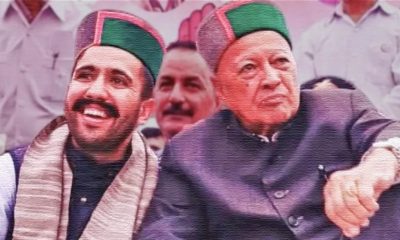Art & Culture
Book Review: ‘The Billionaire Raj: A Journey through India’s New Gilded Age’ by James Crabtree
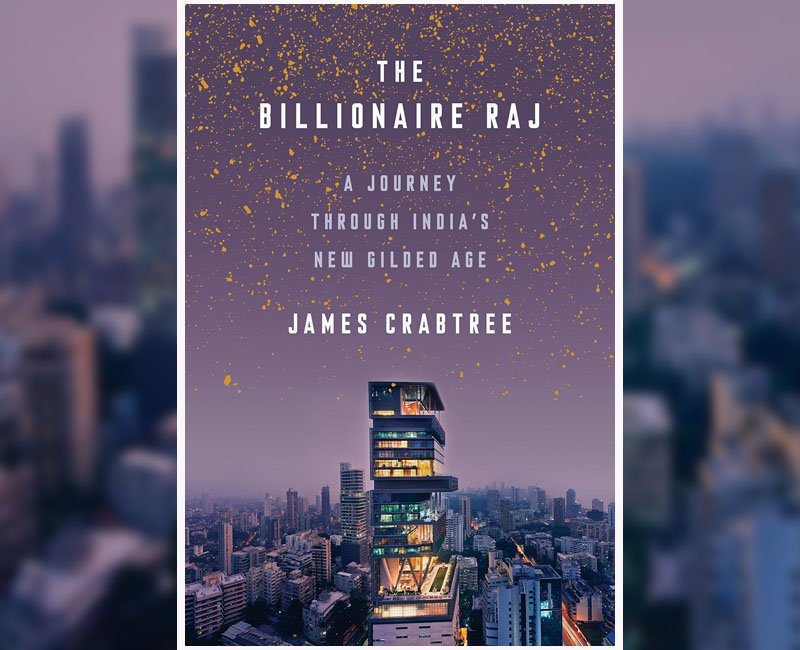
For long, we all have broached the subject of India’s experiment with socialism. The state-controlled the various fields of business, planning was central; also the means of production were not with capitalists but with the state. The state promised to uplift the poor form the poverty, raise their living standard by utilization of these means of production to bring economic and social equality in society.
But years after embracing socialism growth was still sluggish, corruption percolating deep into the system, choices with the people were far and few. Inequality was, as ever, still prevalent in the society. Amenities like telephone and exuded power and exclusivity. The world mocked our “License Raj” and we became notorious for our Hindu Growth rate.
Eventually, the closed economy turned sclerotic and ran into trouble. On the contrary, economies worldwide grew rapidly, at this time. India was left with no other option, but to open its economy to the world. Finally, India yielded and opened its economy in 1991, with an hope of removing the ills of corruption, creating more jobs, removing social inequality and to overcome challenges of economic development. The new era of neo-liberalization was considered augury of prosperity and egalitarian society.
However, who would have imagined that within 27 years of opening up the economy, the majority of the wealth would be held by a handful of people. James Crabtree in his debut book, “The Billionaire Raj: A Journey through India’s New Gilded Age, offers an overview of this fascinating journey of India’s new Gilded Age.”
He writes,
Yet the decades after 1947, it at least grew economically more equal, with an elite that lived modestly by the standard of the industrialized West.
A silver lining to India’s bygone era of socialism.
The Billionaire Raj is the narrative of the breakneck rise of the Indian riches- Bollygarchs, as he calls them- corporate power, their lifestyle and the mansions.
The book is an overview of the concomitant of wealth: inequality, crony capitalism, massive corruption and mega scams. The writer explores the exorbitant funding of political parties by these tycoons, the costly affair of India’s election.
The book talks at length about the deep-rooted problem of mounting debt, IPL, about Modi and his tenure as Prime Minister of India. The pro and cons of various reforms ushered under his regime. Mr. Crabtree is successful in raising the fundamental question that holds imperative to India’s future.
The book is well researched, the exceptional storytelling skill of the writer keeps the readers engrossed; the personal interview with various business tycoons like Vijay Mallya, Naveen Jindal, Gautam Adani etc, offer the readers classic vignettes of their life, their perspective about the event that unfolded in this age.
The writer has successfully flagged various fissures as a warning that can pull India down. The country will have to fix these fissures first, only then it can fulfil the ambition to lead Asia.
Today India stands at the crossroads of what sort of superpower it will become
, he further writes.
Mr. Crabtree offers an optimistic view about India’s future:
India’s new Gilded Age can blossom into a progressive Era of its own, in which the perils of inequality and crony capitalism are left decisively behind,
he writes.
The Billionaire Raj will make us ruminate about the era of Neo-liberalization, as we did aggressively about Indian Socialism in the past. The Billionaire Raj is an eye-opener for all of us and will certainly be helpful in paving the way for our future ahead. The book is Locus classicus on the contemporary history of India- a must read for every Indian.
About James Crabtree
James Crabtree, a former Mumbai bureau chief for The Financial Times. He spent 5 years in India before moving to Singapore. At present, he is an Associate Professor at Lee Kuan Yew School of Public Policy, Singapore.
Book Review by Sunny Grack, Kotgarh, Shimla
Art & Culture
Use Offerings Made at Himachal’s Hindu Religious Institutions Only For Hindus, Employ Only Hindus: HP Govt
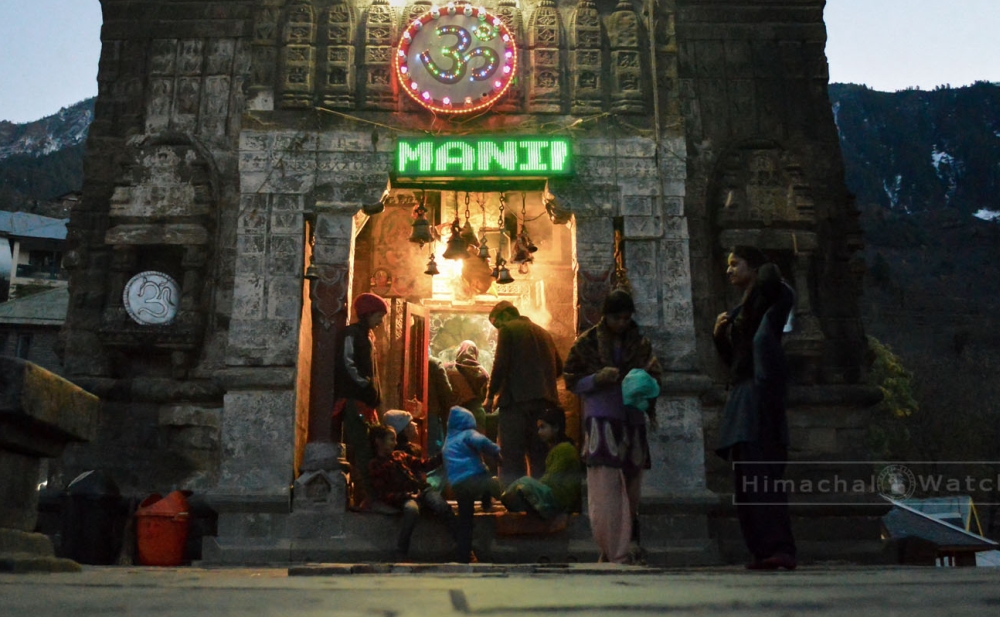
Shimla-The Additional Chief Secretary of the Himachal Pradesh Language, Art & Culture Department has issued a notification barring the use of offerings made at the Hindu religious places or institutions for non-Hindu Communities.
Directions in this regard have been issued to Commissioners (temple) under Section 27 of the Himachal Pradesh Hindu Public Religious Institutions and Charitable Endowments Act, 1984.
“All the receipts or offerings including gold and silver of the Hindu Public Religious Institutions and Charitable Endowments shall be used only for the purposes pertaining to the welfare and other activities relating to only Hindus. No receipts or offerings shall be used for the purposes associated with activities relating to Non-Hindus,” the notification said.
Further, now, no non-Hindu person would be given any sort of employment at the Hindu religious institutions/places.
“All the officers and officials including the personnel related to security etc. whether appointed or deputed or taken on outsourcing basis shall be out of the persons professing the Hindu religion only,” the notification said.
No further clarification was provided regarding the intended purpose of this move.
Art & Culture
Kullu Dussehra 2021: All Religious Ceremonies to be Allowed, But No Commercial and Cultural Events
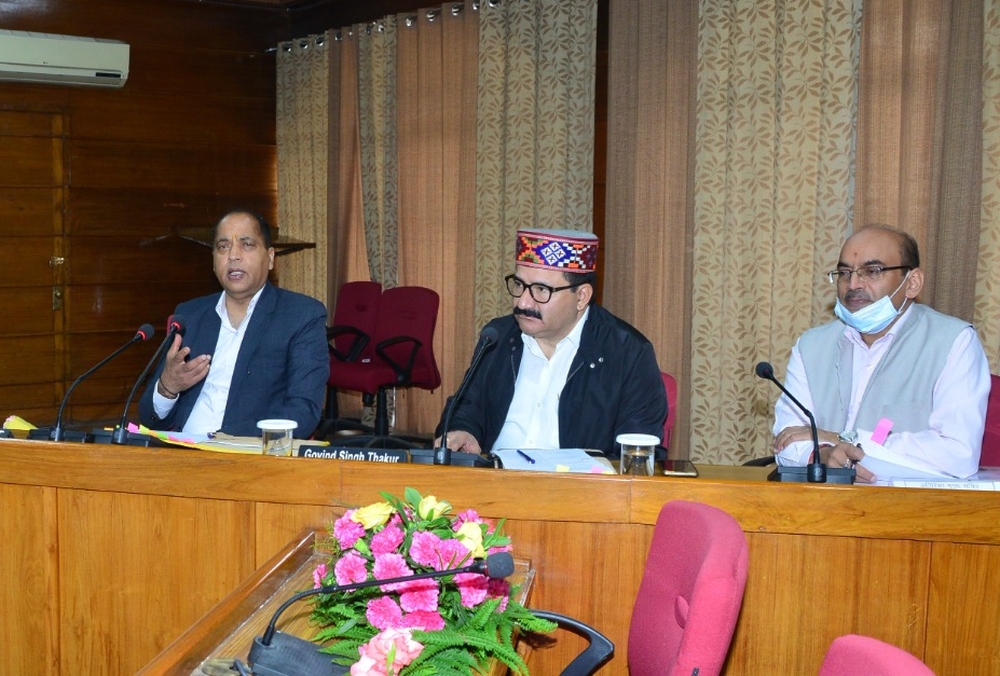
Shimla-The International Kullu Dussehra would be organised from 15th October to 21st October, 2021, the Himachal Pradesh Government informed today after holding a meeting regarding the same.
The HP Government has decided that all deities would be invited for the Dussehra festival. Orgnaization of all religious ceremonies would be allowed traditionally, but the cultural and commercial activities would not be held.
Chief Minister Jai Ram Thakur presided over meeting of State Level Kullu Dussehra Committee. Directions were given to ensure proper security system, uninterrupted electricity supply and adherence of Covid-19 guidelines.
It was also decided in the meeting that Language, Art and Culture Department would provide an additional amount of Rs. 10 lakh to district administration Kullu for organising Kullu Dussehra festival.
Art & Culture
Wah Re Corona: Himachali Folk Artist’s Lyrical Satire is Factual Rendition of India’s Agonizing Catastrophe
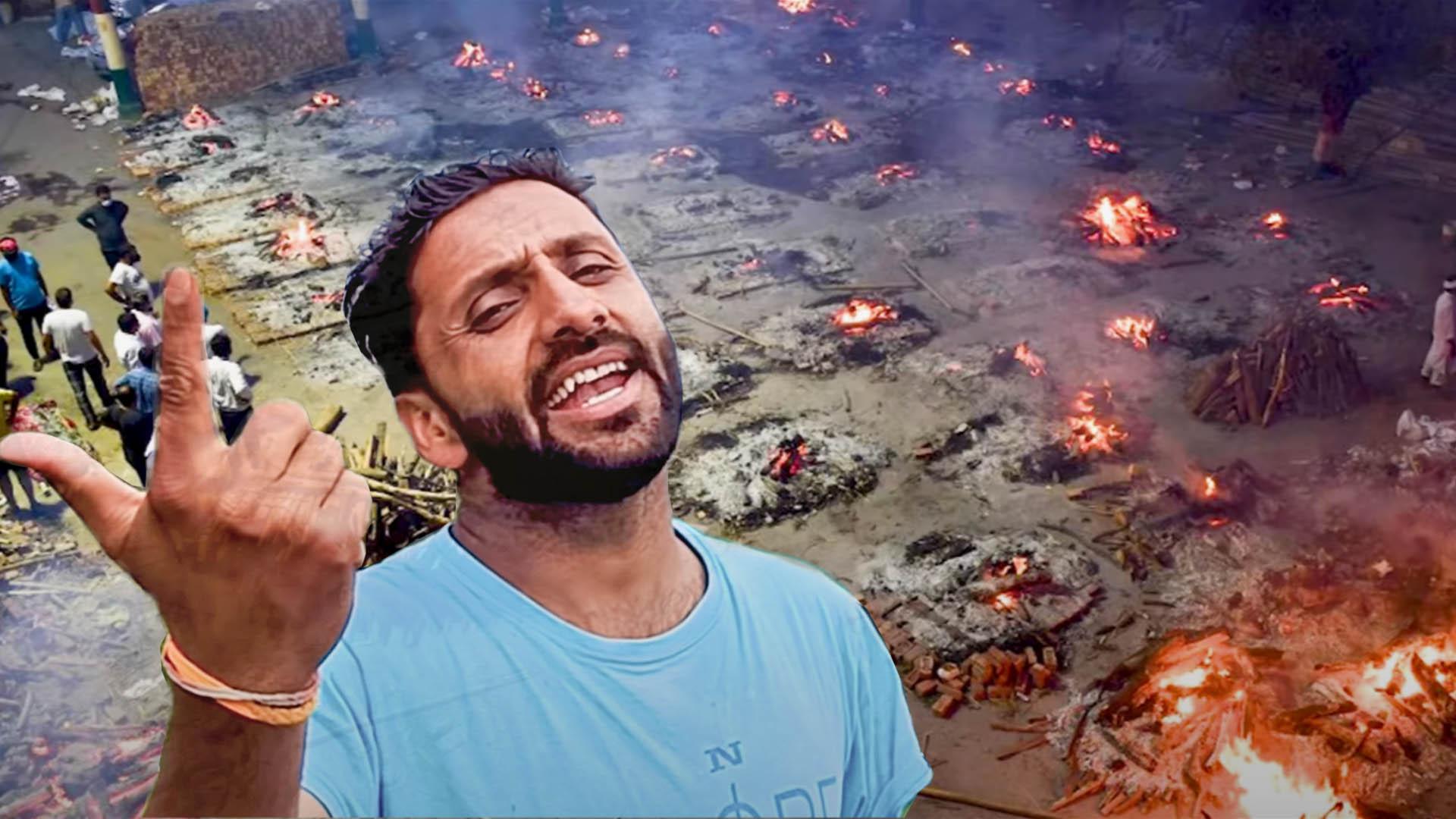
Shimla-Otherwise blatantly vocal and distinctively mass-mobilizing government of India is suddenly in the most subdued self after its proclaimed victory over the deathly virus; participation in uncontrolled election rallies; and permitting maha melas. The stalwarts are in the hiding, while helpless citizens – who voted them into power not once but in landslide victories twice – are dying due to lack of oxygen, poor – unavailable – medical facilities, and the denial stance of the ignorant in the helm.
Drawing a comparison between the fatal coronavirus and the mismanagement of the entire situation by the appalling government; a Himachali folk artist has released a factually appropriate lyrical satire that will tickle your mind and leave you to imagine what has brought this catastrophe onto us. The song is written by Rameshwar Sharma and music by Lalit Sauta.


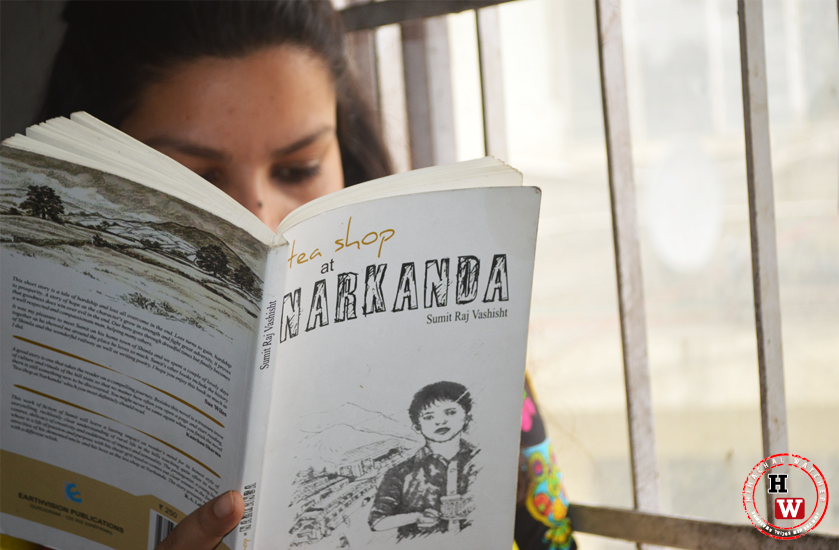






 Home Decor Ideas 2020
Home Decor Ideas 2020